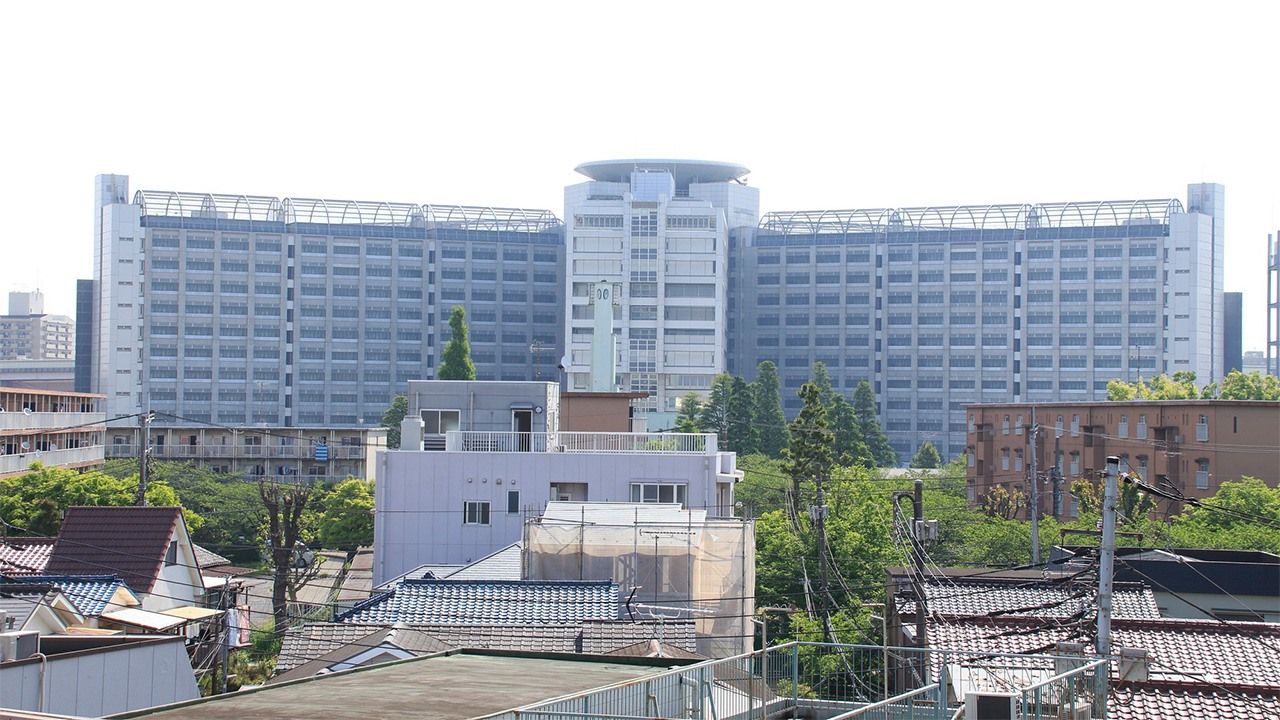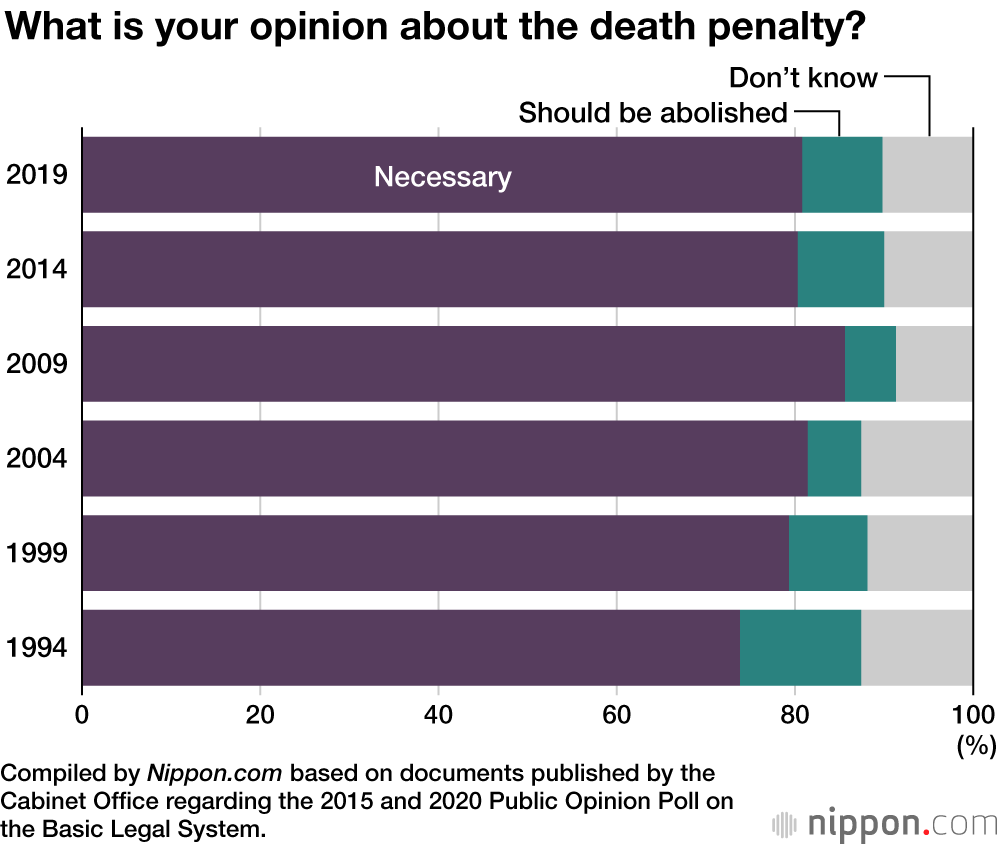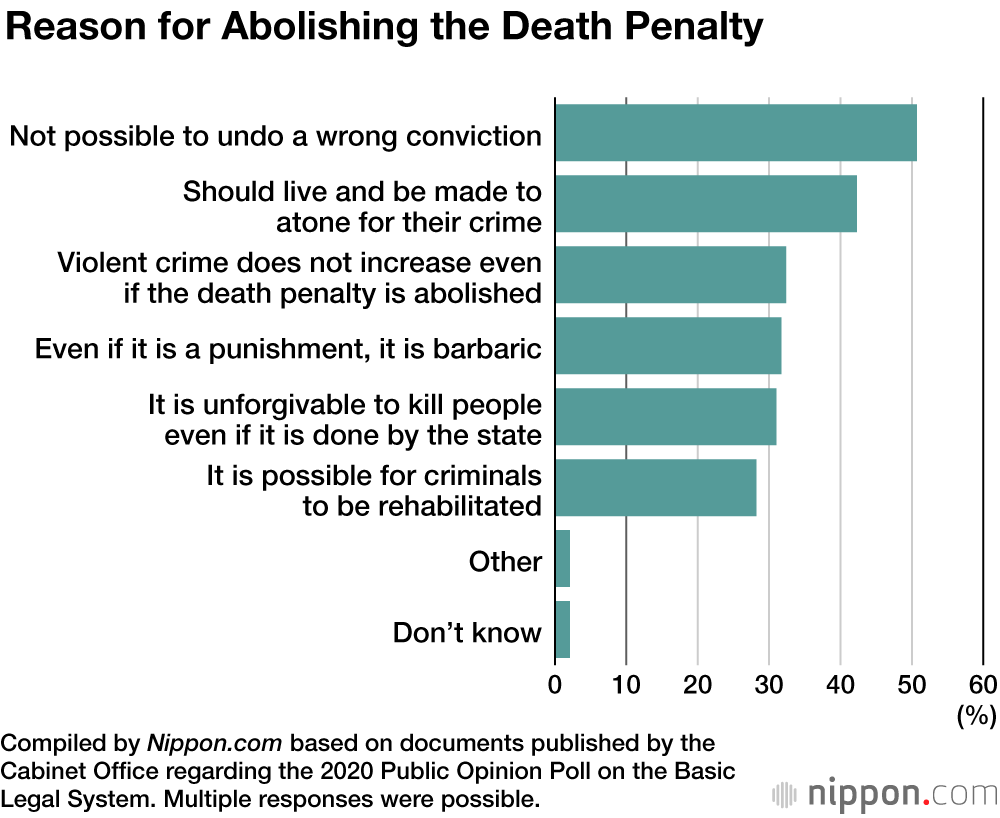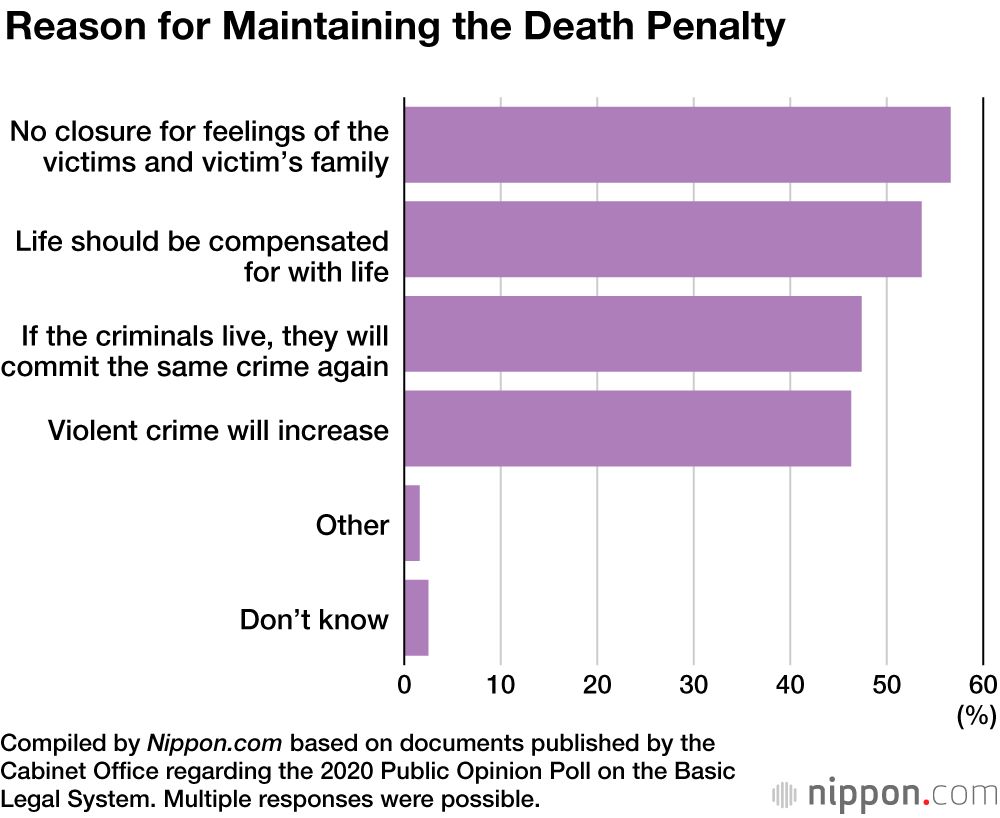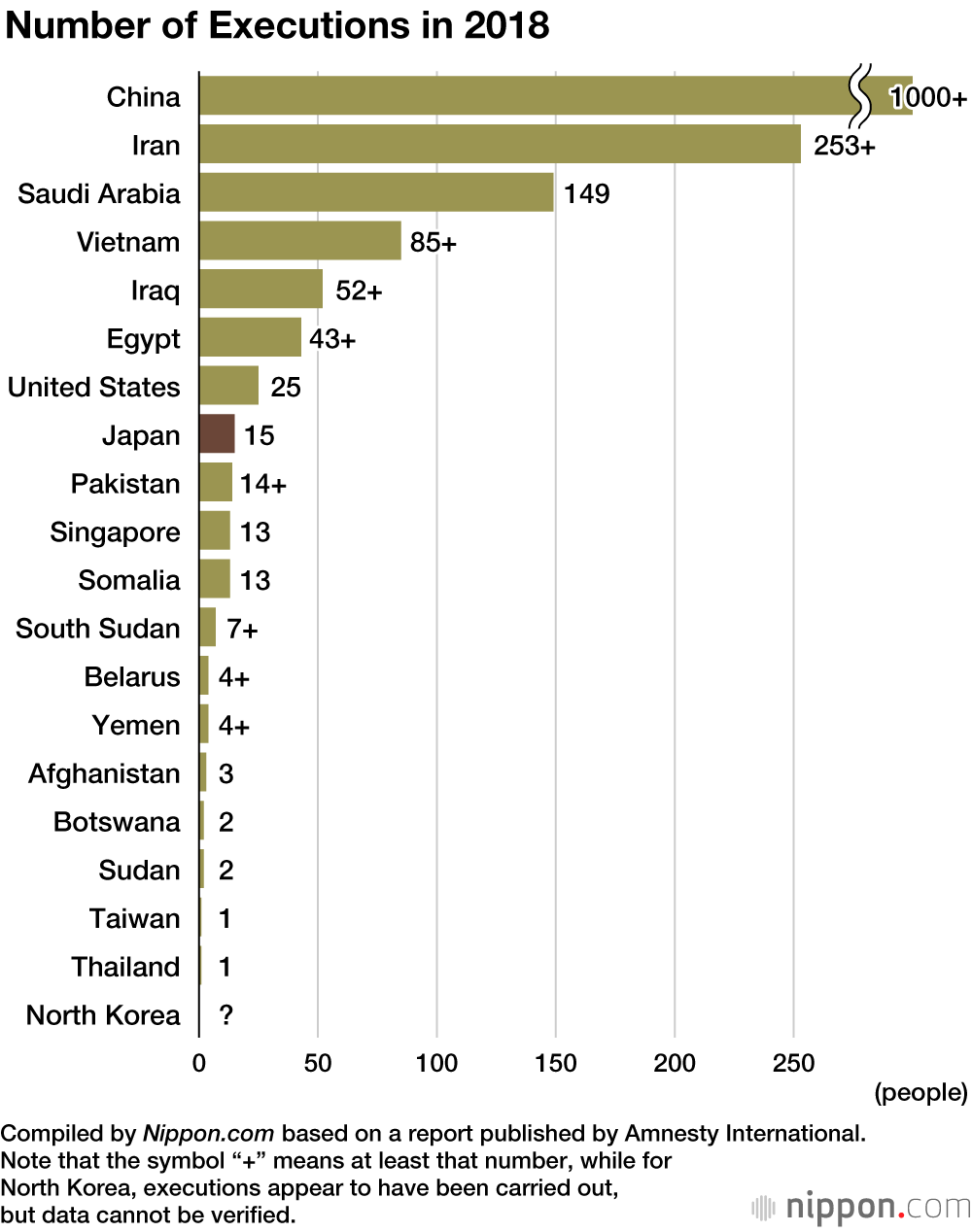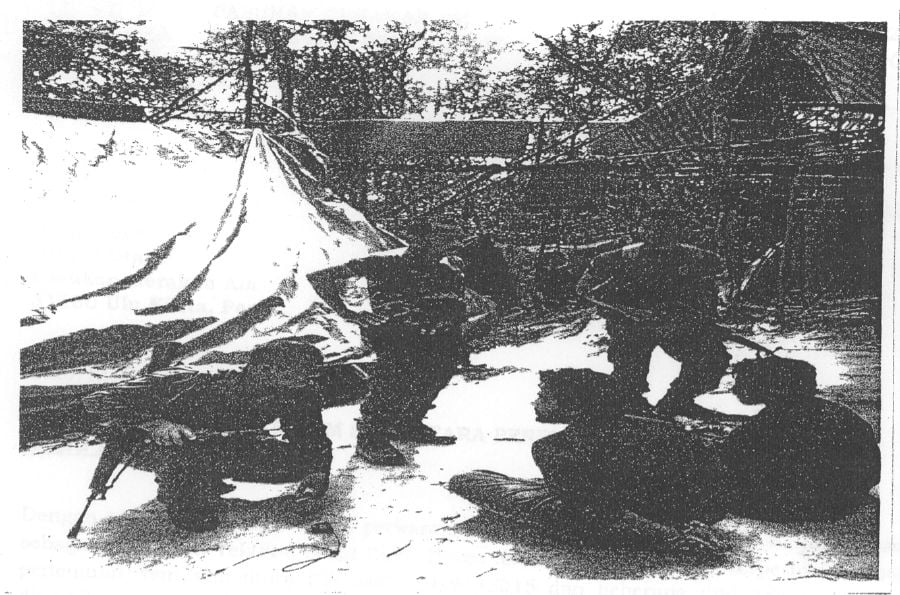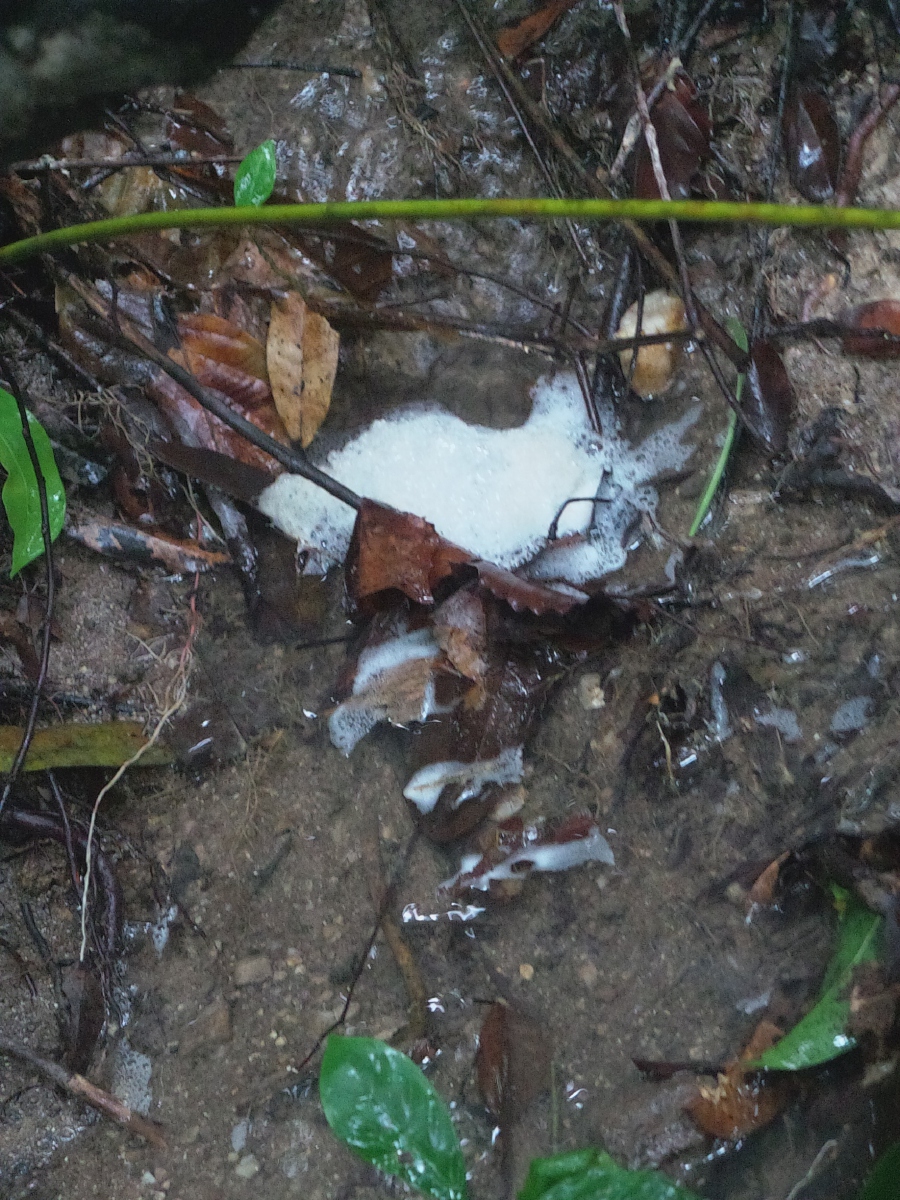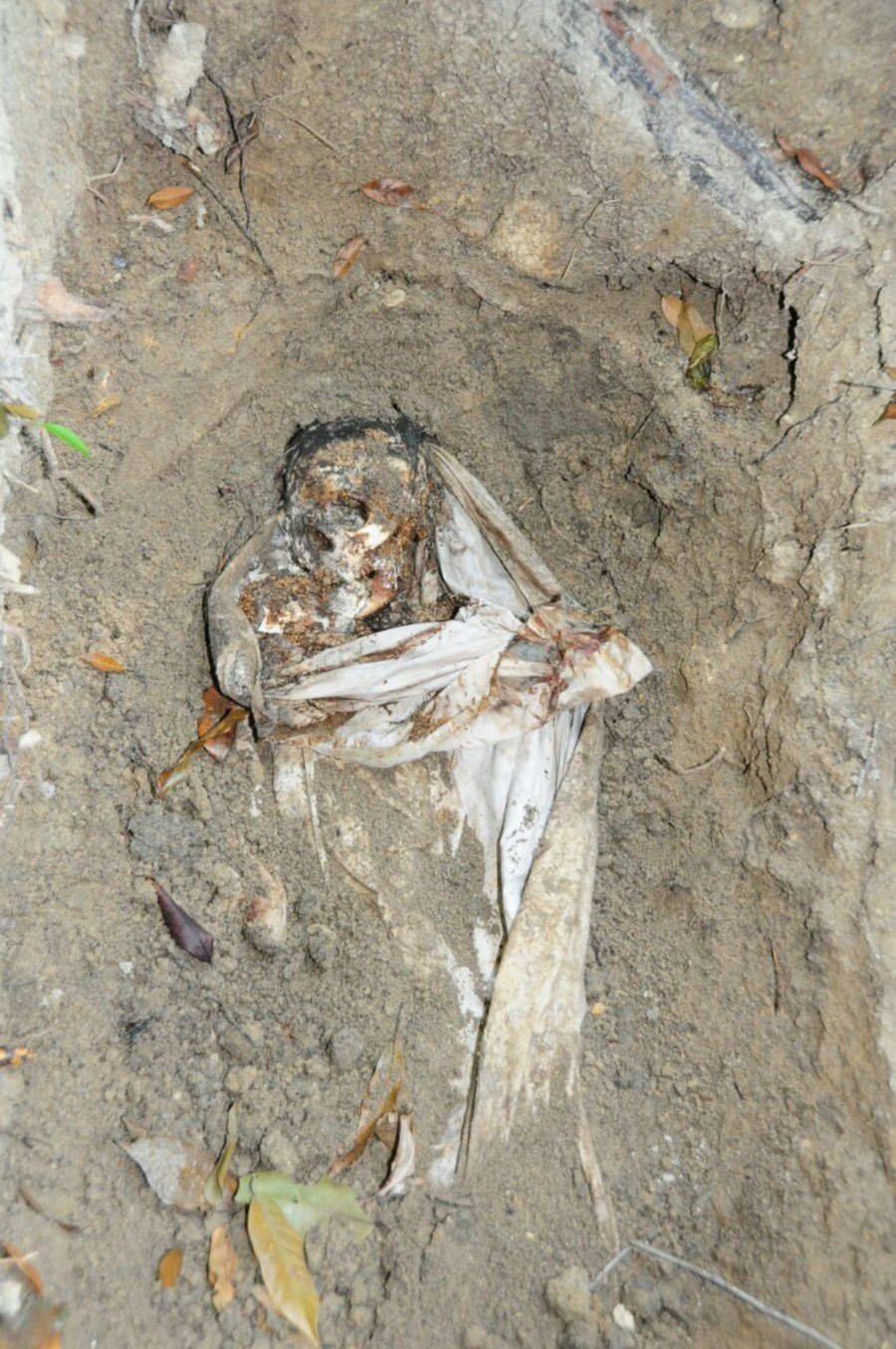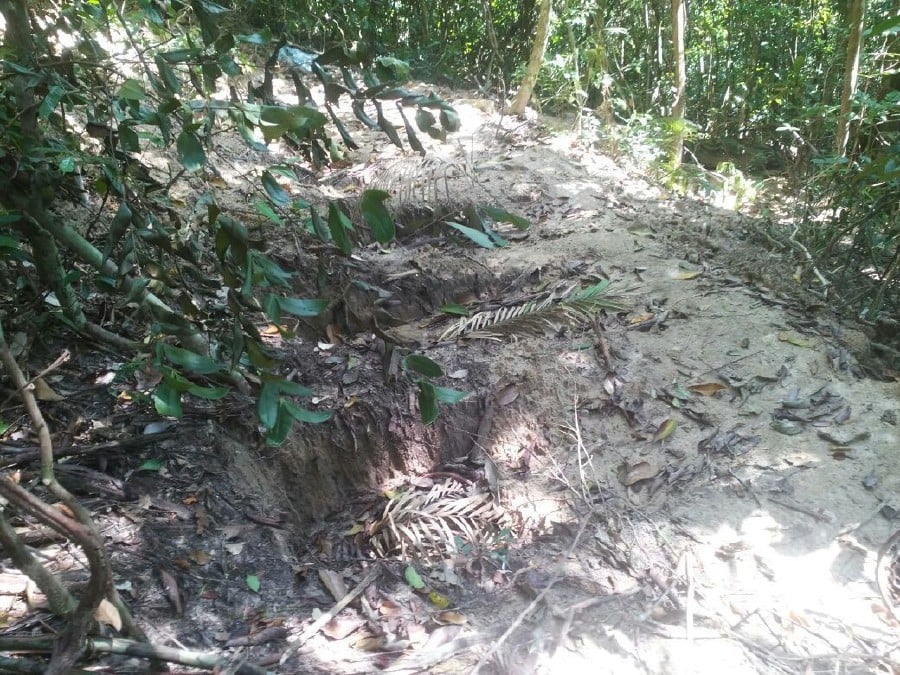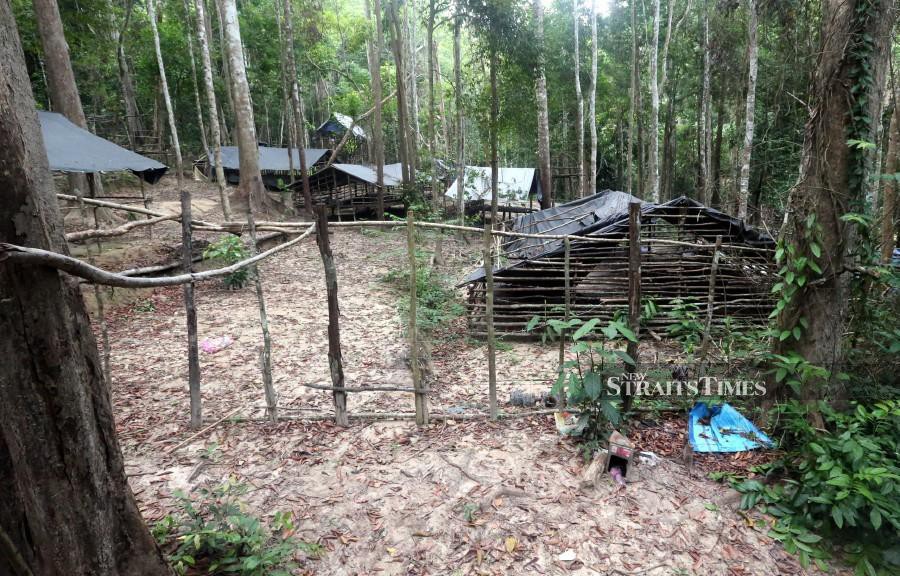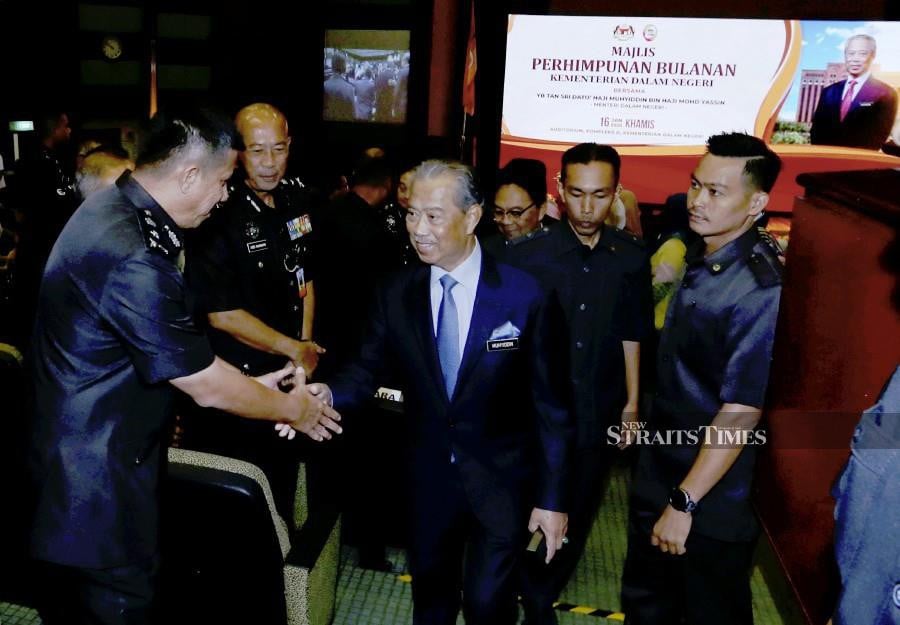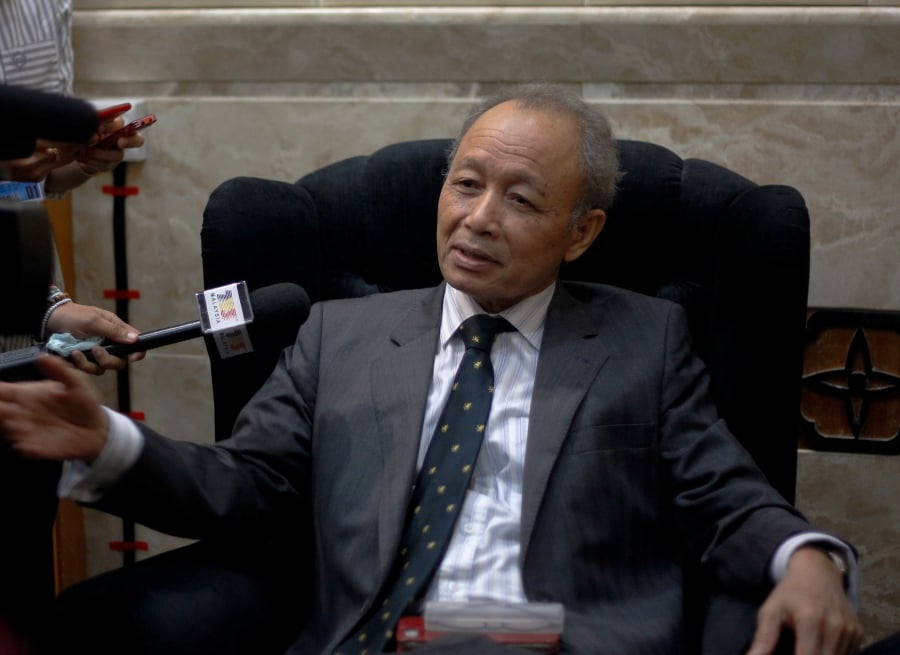Media Statement – 21/2/2020
Ensure sufficiency of evidence before charging anyone - AG discontinues
cases of 12 charged with LTTE related crimes
Repeal SOSMA and ensure justice for ALL SOSMA victims
MADPET(Malaysians Against Death
Penalty and Torture) notes that the Attorney General’s Chambers (AGC) today
announced that the government is discontinuing prosecution of 12 Malaysians it
had charged with supporting the Liberation Tigers of Tamil Eelam (LTTE), which
included two DAP lawmakers. (Malay Mail, 21/2/2020).
The Attorney General was reported
saying that decision was made ‘under my discretion pursuant to Article 145(3)
of the Federal Constitution’. Attorney General Tan Sri Tommy Thomas said the
decision was made after finding insufficient evidence to back its prosecution
that would lead to a “realistic prospect of conviction”.
The 12 men were detained on Oct
10 and 12 in various parts of the country. On or about the end of October 2019,
they were charged in court but bail was denied on the basis of these offences
were listed as ‘security offences’ Under Security Offences (Special Measures)
Act 2012(SOSMA).
Section 13(1) SOSMA states that’ Bail
shall not be granted to a person who has been charged with a security offence.’
Thereafter, one High Court judge decided that this section was unconstitutional,
and said the accused had a right to apply for bail. Recently, another High
Court judge decided that there is no right to bail. All these would not have
happened if Parliament had repealed SOSMA, when Pakatan Harapan won the
elections and formed the government in May 2018.
The arrest, detention and the
denial of bail of these 12 SOSMA victims have received much attention by the
media and the Malaysian public.
The current Pakatan Harapan
government, who in their last Election Manifesto had ‘promised’ to repeal
and/or remove the draconian and unjust provisions in SOSMA, but to date, after
more than 20 months have failed to do so.
MADPET, although the news is
good, is concerned whether the decision to discontinue proceedings against these
12, including 2 Pakatan Harapan State Assemblypersons, may have taken in ‘political’
considerations. It would have been better if the decision was to discontinue
proceedings against all others (or some others), and not just this 12, many of
whom are linked to a PH political party, who now being tried for SOSMA defined ‘security
offences’, who are languishing in detention because the right to bail is
denied.
AG or government discontinued proceedings?
The media report said that the AG
‘announced that the government is discontinuing prosecution’, and as such the
question arises whether the decision of AG in this matter was independent, or
was it as instructed by the government. Did the AG do as requested or desired
by the government of the day?
We recall with unhappiness when the
former AG also chose to not charge former Prime Minister Najib, in relation to
alleged offences connected to the 1MDB and SRC, whereby now the new AG has charged
Najib and others and trials are ongoing.
Hence, the role and actions of the
Attorney General (who is also the Public Prosecutor), particularly his/her
independence, need to be looked at and reformed accordingly.
Art 145(3) of the Federal
Constitution states that ‘The Attorney General shall have power, exercisable at
his discretion, to institute, conduct or discontinue any proceedings for an
offence, other than proceedings before a Syariah court, a native court or a
court-martial.’
There may be a need for new laws
to clarify these powers of the Attorney General, to ensure that any AGs will
not exercise these powers for any wrong reasons, be it political expediency or
otherwise. The new law should also give others, being not just the actual
victims but also any other concerned Malaysian the power to challenge the AG’s
decision.
This discontinuing of proceedings
against the 12 may reduce public discussion on SOSMA, but it should in no way
delay the repeal of SOSMA and/or the removal of draconian provisions in SOSMA.
Longer Remand for Investigations Maybe Justified But Not Right to heard
during remand applications
Whilst there may be a
justification for a longer permissible remand period for the purpose of
investigation for certain offences, the right to be brought before a Magistrate
within 24 hours, and the right to heard by the Magistrate before further remand
orders are granted must not be compromised. Further remand for investigation
should be only by way of a remand order by a Magistrate. The maximum period of
remand for each application also needs to be restricted to not more 7 days, as
it is now in our Criminal Procedure Code, as amended a few years ago.
Let’s not forget the presumption
of innocence until proven guilty, and the purpose of bail is simply to ensure
that the accused person turns up for his/her trial.
The right to Bail should be
allowed for all accused persons. The admissibility of evidence and criminal
procedure should be the same as for all other criminal trials. Bail amount
should be reasonable and not punitive, which is discriminatory against the
poor. Prevention of accused persons leaving the country, and even the holding
of the passport.
The list of ‘security offences’
in SOSMA need to be diminished to just the most serious of all offences. Certain
offences like offences on 'activity detrimental to parliamentary Democracy'
offences (Chapter VI sections 124B - 124J of the Penal Code), which is vague
ought to be repealed. Offences like possession of books, especially those not
banned in Malaysia, should be repealed.
Criminal Compensation Will Ensure Justice to Victims of Administration of
Justice
The 12, to date, has languished
in detention for more than 4 months, and it is not just the deprivation of
liberty and rights, but also would have impacted on one’s income and caused
suffering to one’s family, including children. The Public Prosecutor ought not
have even charged them in the very first place, as he has now acknowledged there
is insufficient evidence and ‘…there is no realistic prospect of conviction for
any of the 12 accused on any of the 34 charges…’
Compensation and damages may be a
just remedy, rather than a simple remedy. MADPET urges the government to enact
a law providing for just compensation for those who are detained or deprived of
their liberty, in accordance to the law, but at the end of the day are not
charged, acquitted by court and or had their proceedings discontinued by the
Attorney General as has happened to these 12.
Repeal of SOSMA will not mean end of trials of those accused of crimes
MADPET reiterates the call for
the immediate repeal of Security Offences (Special Measures) Act 2012(SOSMA).
The repeal of SOSMA will not
impact on the charges, as all charged under ‘security offences’, as defined by
SOSMA are in fact charged for offences under the Penal Code or other laws, and
as such, their criminal trials will continue;
In the interim, MADPET calls for
the repeal of Section 13(1) SOSMA that denies the right to bail, which is a violation of the right to fair trial.
MADPET reiterates its call for
the repeal of all draconian laws, including also laws like POCA and POTA that
allow for Detention without Trial that denies victims their fundamental right
to a fair trial.
Charles Hector
For and on behalf of
MADPET(Malaysians Against Death Penalty and Torture)
AG drops court cases against 12, including DAP reps, accused of supporting LTTE

KUALA LUMPUR, Feb 21 — The Attorney General’s Chambers (AGC) today
announced that the government is discontinuing prosecution of 12
Malaysians it had charged with supporting the Liberation Tigers of Tamil
Eelam (LTTE), which included two DAP lawmakers.
Attorney General Tan Sri Tommy Thomas said the decision was made
after finding insufficient evidence to back its prosecution that would
lead to a “realistic prospect of conviction”.
“For these reasons, I have decided that there is no realistic
prospect of conviction for any of the 12 accused on any of the 34
charges.
“Accordingly, in the exercise of my discretion pursuant to Article
145(3) of the Federal Constitution,
I have decided to discontinue
proceedings against them with immediate effect,” he said in a statement.
Among those charged were Melaka state executive councillor G. Saminathan and a Negri Sembilan state lawmaker P. Gunasekaran.
The DAP duo along with 10 others were accused of posting social media
messages or possessing materials related to LTTE founder, Velupillai
Prabhakaran.
“That is the common theme of all the 12 LTTE accused. Each of them
had in his mobile phone or Facebook account photos of Prabhakaran and
other leaders of LTTE slain during the Civil War in Sri Lanka. If such
conduct can constitute a criminal offence, it would bring the law into
disrepute.
“But even if there were elements of a ‘terrorist act’ on the part of
all or any of the 12 LTTE accused by possessing, distributing or
displaying such photos or Prabhakaran, it would be impossible for the
prosecution to establish that they do not fall within the excluded
category of Section 130B(4) of the Penal Code in that they merely
constitute ‘advocacy, protest or dissent’,” Thomas explained.
He added that a show of support for famous or infamous personalities
is common, but it does not necessarily dictate a person’s actions.
“It is commonplace to have idols to whom hero worship is displayed.
It is not just pop stars, sportsmen or actors who are admired:
historical personalities and politicians are often the subject of
adoration.
“Thus, millions of people across the globe admire Lenin, Stalin, Mao
Tse Tung or Che Guevara, and the like. Having their photos and other
representations in one’s mobile phone or on a Facebook account does not
transform one to being a terrorist.
“Just because each of these leaders used terror or violence to
achieve their political goals does not mean that an ardent supporter
online should be regarded as a terrorist or is planning a terrorist
act,” he said. - Malay Mail, 21/2/2020
Twelve allegedly linked to LTTE to be charged in court
Nation
Monday, 28 Oct 2019 9:26 PM MYT
By FARIK ZOLKEPLI

PETALING JAYA: Two DAP assemblymen and 10 other men detained for alleged links to the Liberation Tigers of Tamil Eelam (LTTE) are expected to be charged Tuesday (Oct 29).
Seremban Jaya assemblyman P. Gunasekaran and Gadek assemblyman G. Saminathan will be charged along with another man at a court in Ayer Keroh, Melaka.
Lawyer Harshaan Zamani confirmed that the two will be charged.
Twelve allegedly linked to LTTE to be charged in court
Nation
Monday, 28 Oct 2019 9:26 PM MYT
By FARIK ZOLKEPLI

PETALING JAYA: Two DAP assemblymen and 10 other men detained for alleged links to the Liberation Tigers of Tamil Eelam (LTTE) are expected to be charged Tuesday (Oct 29).
Seremban Jaya assemblyman P. Gunasekaran and Gadek assemblyman G. Saminathan will be charged along with another man at a court in Ayer Keroh, Melaka.
Lawyer Harshaan Zamani confirmed that the two will be charged.
Sources said nine other men, who were also detained for alleged links to the terror group are also expected to be charged at a later date.
Two will be charged in Kuala Kangsar, Perak, while the others in Johor, Kuala Lumpur, Selangor and Penang.
The 12 men were detained by the Counter Terrorism Division (E8) on Oct 10 and 12 in various parts of the country.
Sri Lanka was embroiled in a 26-year civil war between the LTTE and the Sri Lankan military, which saw around 80,000-100,000 people killed.
The civil war ended when Sri Lanka’s military defeated the LTTE in May 2009.
However, over the years, there have been several arrests by authorities against individuals said to be supporting the LTTE, which is labelled as an illegal organisation in Malaysia.
In Malaysia, LTTE was labelled a terrorist organisation under the Anti-Money Laundering, Anti-Terrorism Financing and Proceeds of Unlawful Activities Act in February 2014.
Sri Lanka, the United States, Canada, India and the European Union have also labelled the LTTE a terrorist group. - Star, 28/10/2019
Two Malaysian DAP assemblymen, 8 others charged over alleged links to Liberation Tigers of Tamil Eelam

KUALA LUMPUR - Two Democratic Action Party (DAP) assemblymen and a
businessman were charged in a Melaka court on Tuesday (Oct 29)
over their alleged links to the now-defunct Sri Lankan terrorist group Liberation Tigers of Tamil Eelam (LTTE).
They were among 12 people detained under the Security Offences (Special Measures) Act (Sosma) after a crackdown three weeks ago on LTTE sympathisers.
Seremban Jaya assemblyman P. Gunasekaran, Gadek assemblyman G.
Saminathan and businessman S. Chandru claimed trial to a charge under
Section 130 of the Penal Code, which carries a sentence of life
imprisonment or a maximum of 30 years or a fine, and forfeiture of any
property used or intended to be used for the offence, if found guilty.
Saminathan also faces an additional charge of possessing items with
elements of terrorist acts or connected to the LTTE. If found guilty, he
faces up to seven years in jail or a fine, and forfeiture of any of the
items.
Seven others were also charged on Tuesday in Selangor, Perak, Penang
and Johor. No plea was recorded and all 10 were denied bail.
The Straits Times understands that the remaining two suspects are expected to be charged on Thursday in Kuala Lumpur.
Under Sosma, the authorities are allowed to detain a suspect for a
maximum of 28 days without trial, after the initial 24 hours following
the arrest.
"They have used Sosma and made my husband look like a terrorist
when he has not done anything," Ms M. Tamilmalar, the wife of one
suspect A. Kalaimughilan, was quoted as saying by news portal
Malaysiakini at the Selayang Sessions Court.
The arrests of the assemblymen have raised tensions within the ruling
coalition Pakatan Harapan that includes the DAP, with claims and
counter-claims over their alleged roles in raising funds for LTTE and
trying to revive the group.
Opposition parties Umno and Parti Islam SeMalaysia (PAS) have criticised the DAP for becoming a breeding ground for radicals.
PAS has also called for a White Paper on the threat of LTTE elements
in the country and for the arrested assemblymen to resign as "all
Malaysians reject leaders involved in extremist, terrorist and militant
activities".
The LTTE was a separatist group that had been active in Sri Lanka
until it was officially defeated in 2009. It has been declared a
terrorist group by 32 countries including Malaysia, which did so in
2014.
Police say they have been tracking LTTE's activities in the country since the 1990s and acted independently in the arrests.
Both Prime Minister Mahathir Mohamad and Home Minister Muhyiddin
Yassin have denied any influence on the police probe into an alleged
move in Malaysia to revive the LTTE. - Straits Times, 29/10/2019
